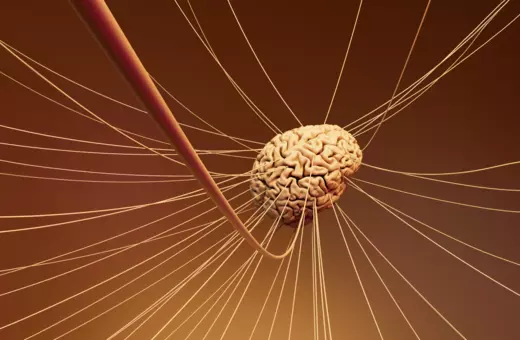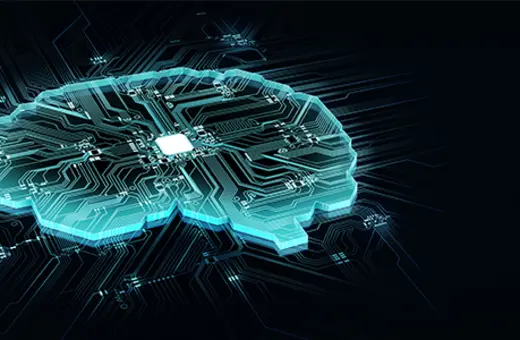The act of naming is more than just a simple labeling exercise; it's a potent exercise of power with political implications. As the discourse around AI intensifies, it may be time to reassess its nomenclature and inherent biases, writes David Gunkel.
Naming is anything but a nominal operation. Nowhere is this more evident and clearly on display than in recent debates about the moniker “artificial intelligence” (AI). Right now, in fact, it appears that AI—the technology and the scientific discipline that concerns this technology—is going through a kind of identity crisis, as leading voices in the field are beginning to ask whether the name is (and maybe already was) a misnomer and a significant obstacle to accurate understanding. “As a computer scientist,” Jaron Lanier recently wrote in a piece for The New Yorker, “I don’t like the term A.I. In fact, I think it’s misleading—maybe even a little dangerous.”
What’s in a Name?
The term “artificial intelligence” was originally proposed and put into circulation by John McCarthy in the process of organizing a scientific meeting at Dartmouth College in the summer of 1956. And it immediately had traction. It not only was successful for securing research funding for the event at Dartmouth but quickly became the nom célèbre for a brand-new scientific discipline.
For better or worse, McCarthy’s neologism put the emphasis on intelligence. And it is because of this that we now find ourselves discussing and debating questions like: Can machines think? (Alan Turing’s initial query), are large language models sentient? (something that became salient with the Lemoine affair last June), or when might have an AI that achieves consciousness (a question that has been posed in numerous headlines in the wake of recent innovations with generative algorithms). But for many researchers, scholars, and developers these are not just the wrong questions, they are potentially deceptive and even dangerous to the extent that they distract us with speculative matters that are more science fiction than science fact.
___
Since the difficulty derives from the very name “artificial intelligence,” one solution has been to select or fabricate a better or more accurate signifier.
___
Renaming AI
Since the difficulty derives from the very name “artificial intelligence,” one solution has been to select or fabricate a better or more accurate signifier. The science fiction writer Ted Chiang, for instance, recommends that we replace AI with something less “sexy,” like “applied statistics.” Others, like Emily Bender, have encouraged the use of the acronym SALAMI (Systematic Approaches to Learning Algorithms and Machine Inferences), which was originally coined by Stefano Quintarelli in an effort to avoid what he identified as the “implicit bias” residing in the name “artificial intelligence.”
Though these alternative designations may be, as Chiang argues, more precise descriptors for recent innovations with machine learning (ML) systems, neither of them would apply to or entirely fit other architectures, like GOFAI (aka symbolic reasoning) and hybrid systems. Consequently, the proposed alternatives would, at best, only describe a small and relatively recent subset of what has been situated under the designation “artificial intelligence.”
 SUGGESTED READING
Why we have the future of AI wrong
By Susan Hespos
SUGGESTED READING
Why we have the future of AI wrong
By Susan Hespos




















Join the conversation